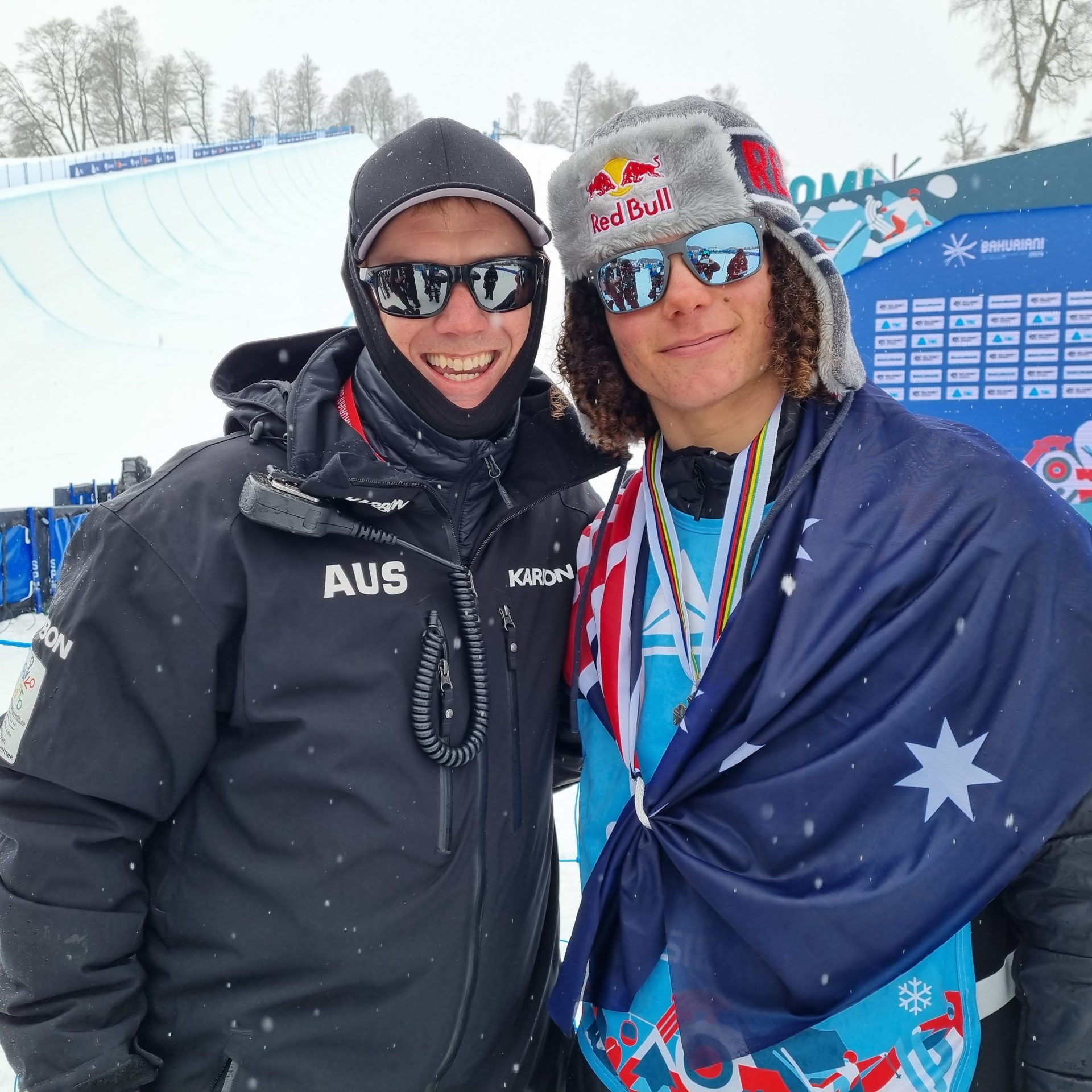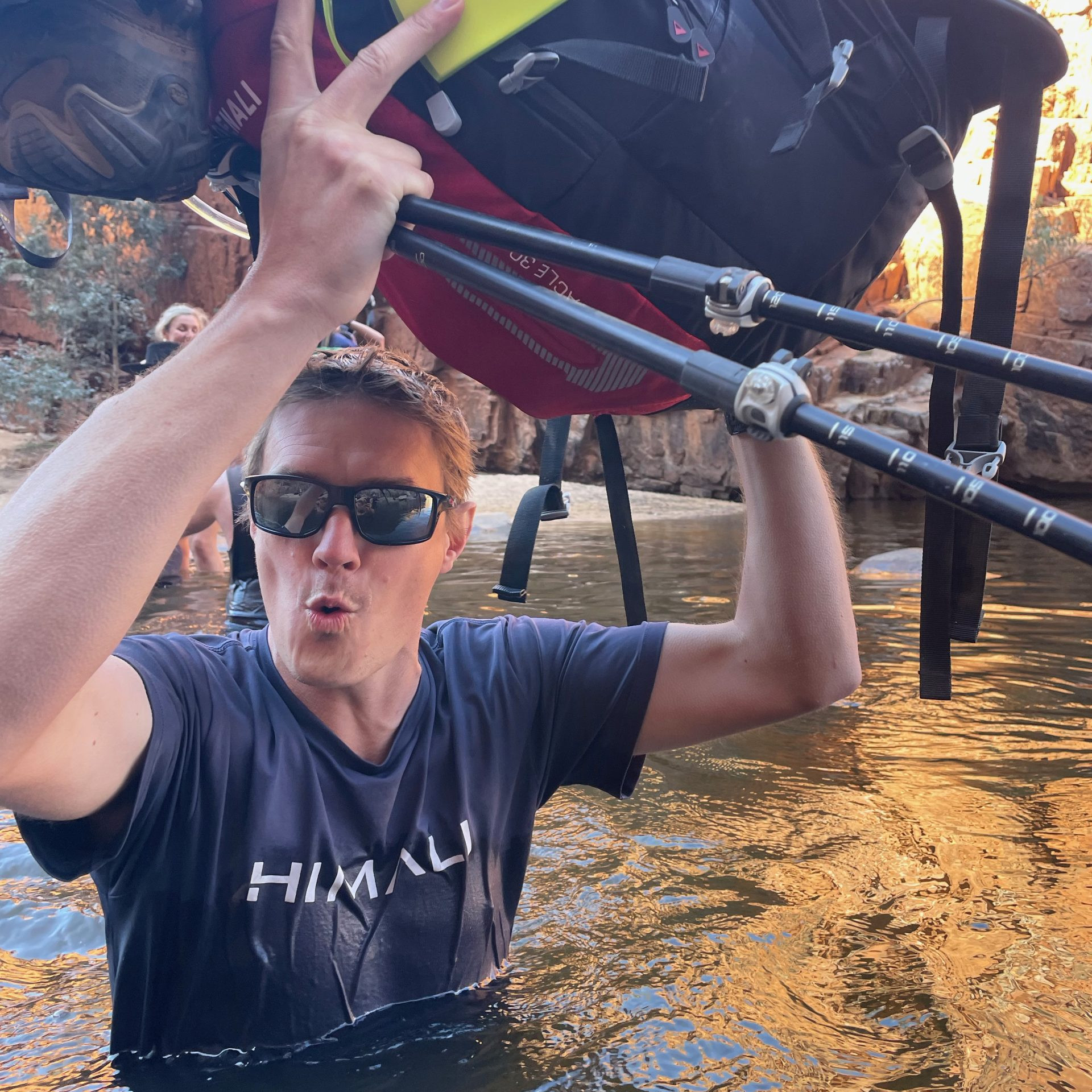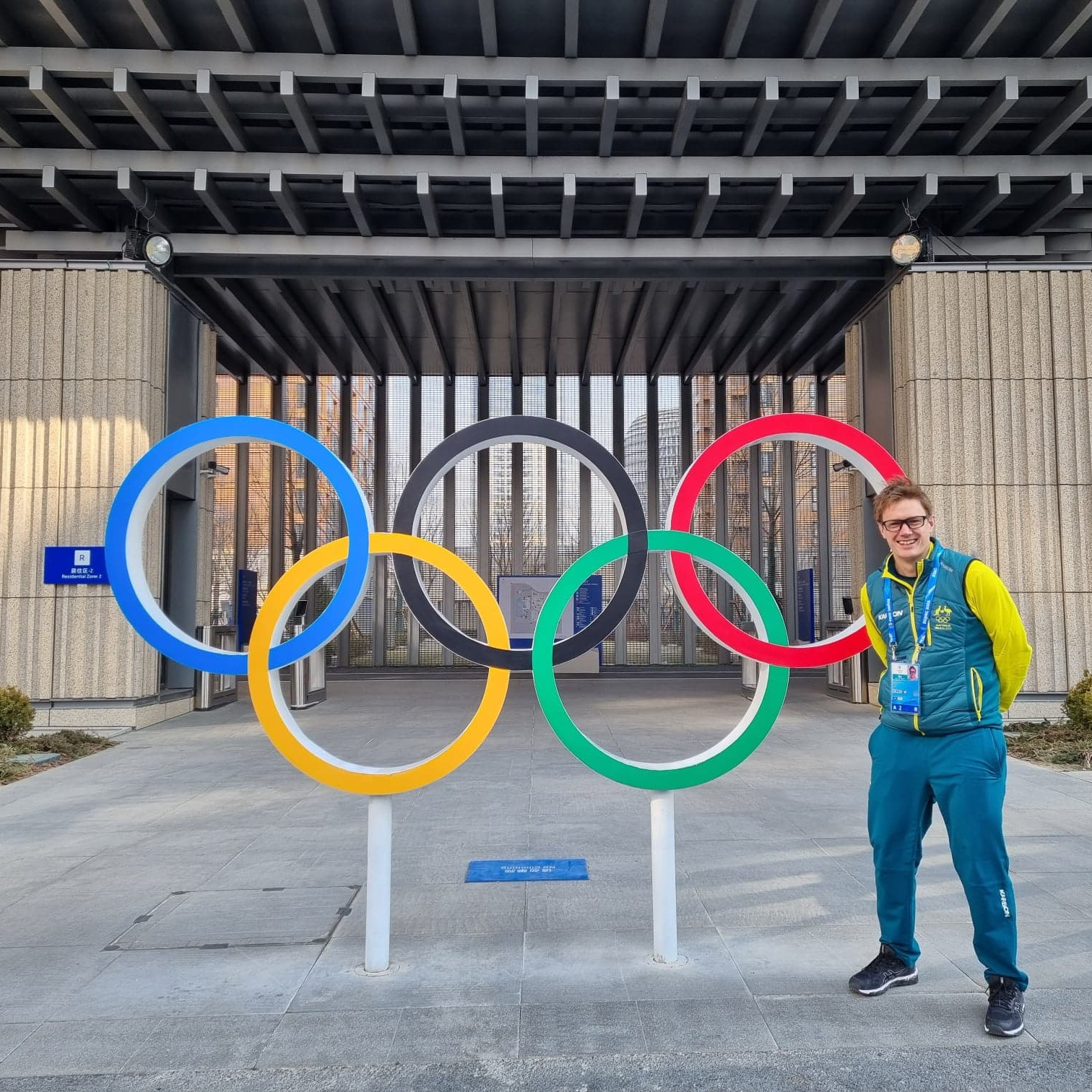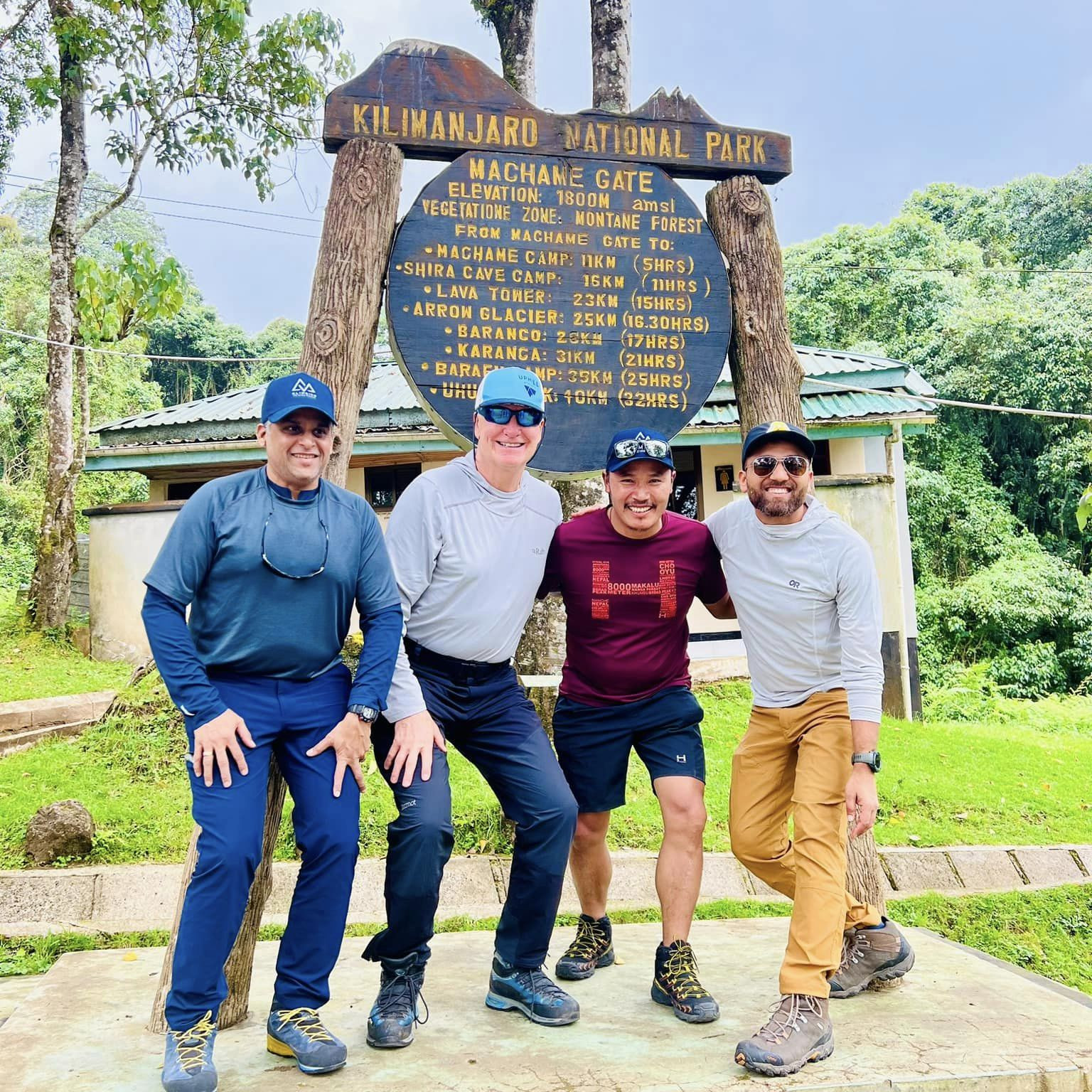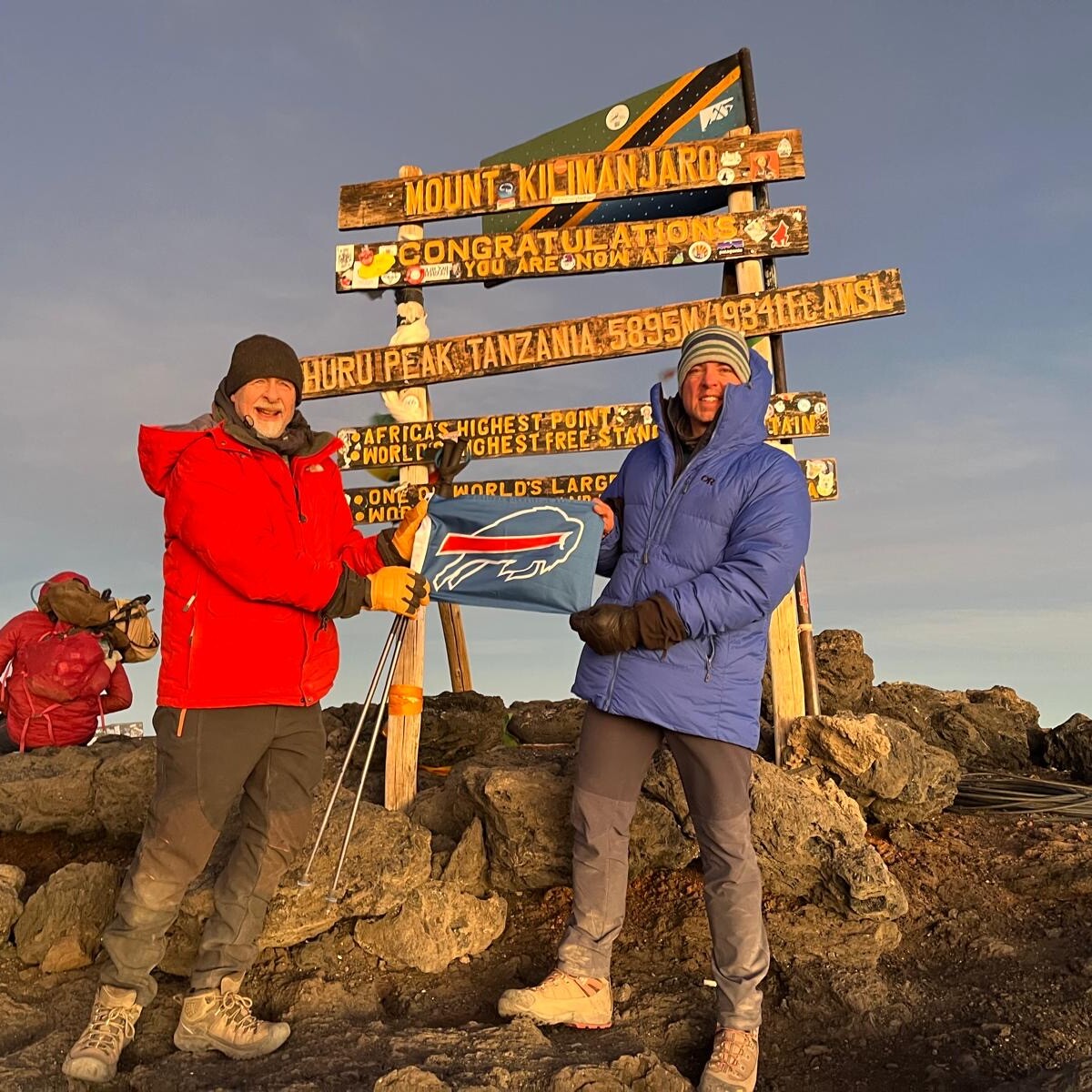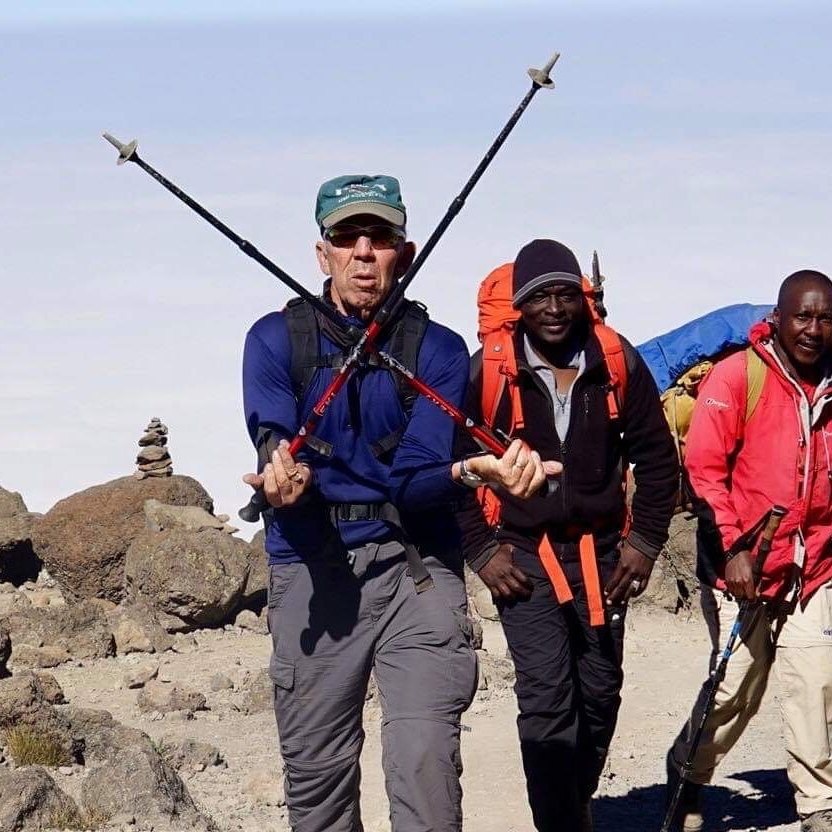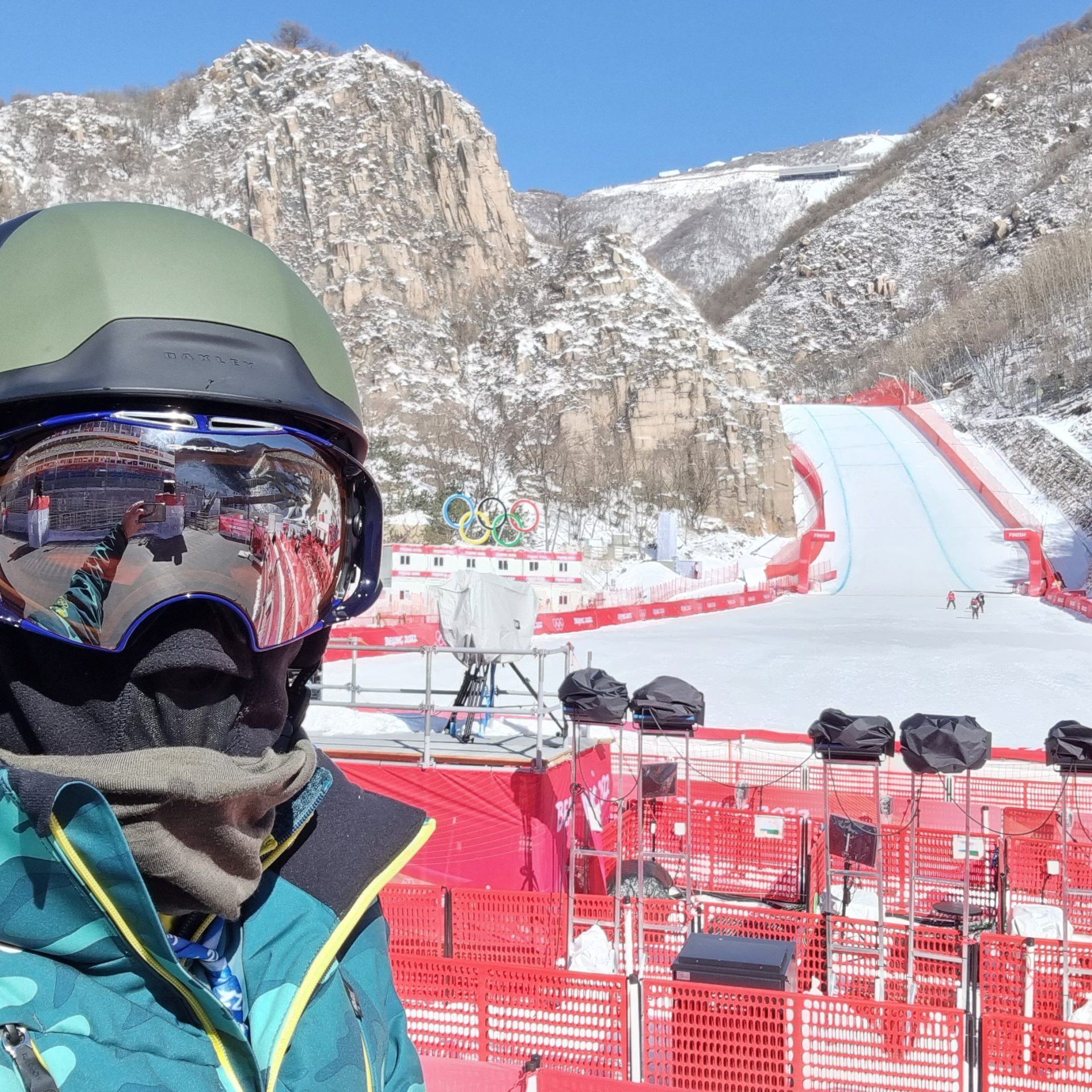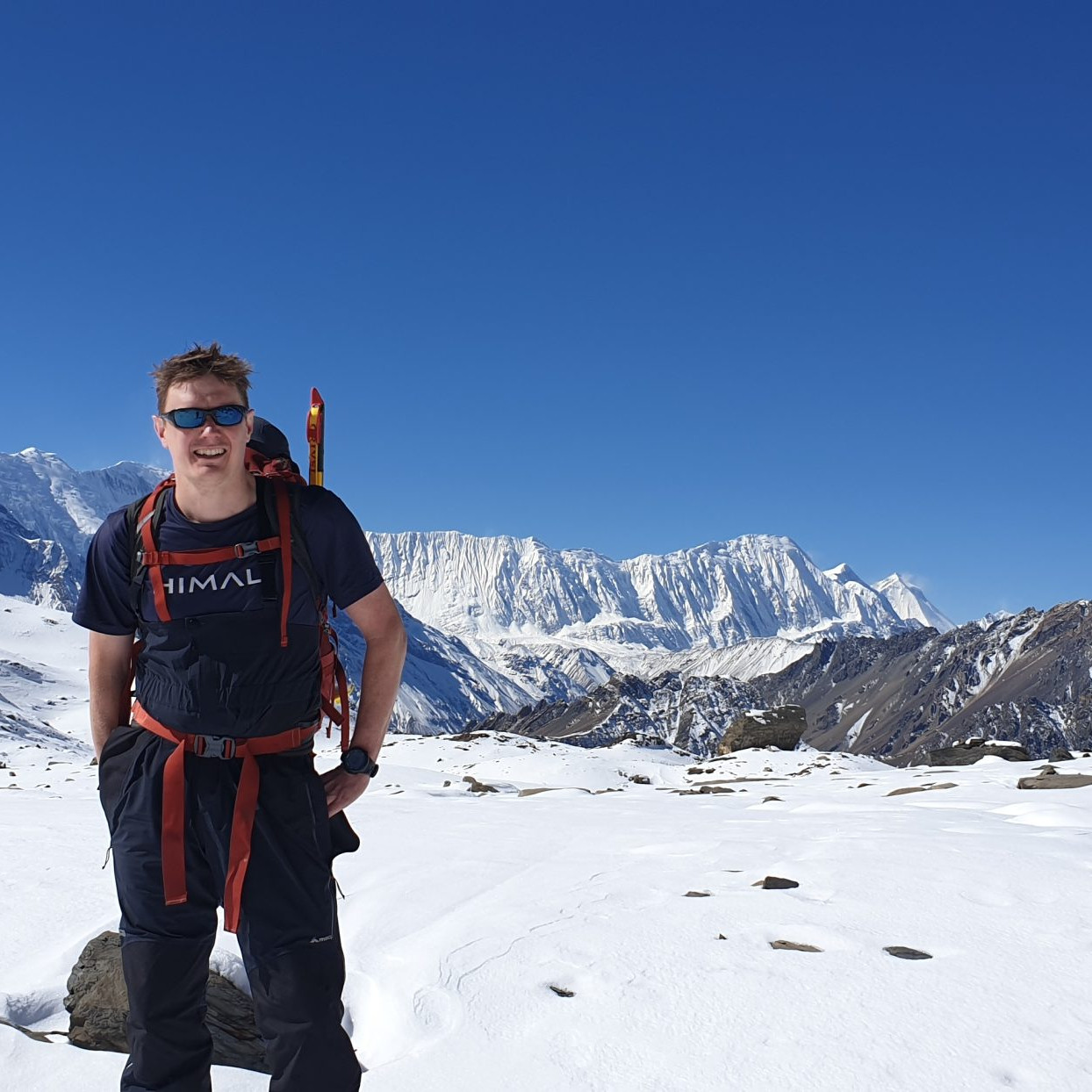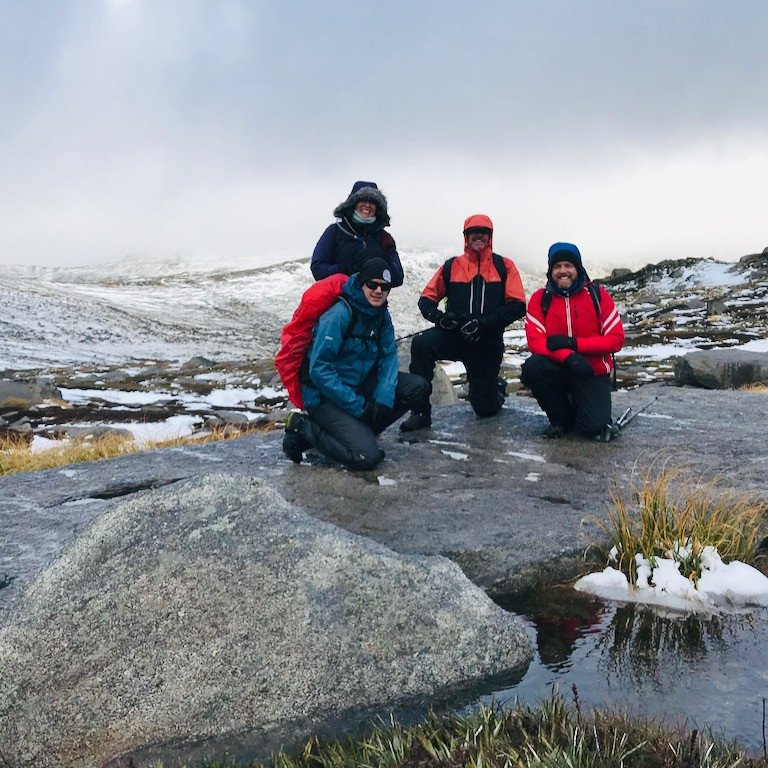Guide Spotlight: Dr. Brenton Systermans
From the icy expanse of Antarctica to the towering peaks of the Himalayas, Dr. Brenton Systermans has built a career at the intersection of high-altitude adventure and extreme medicine. Based in the Snowy Mountains of Australia, Dr. Brenton is one of the world’s most experienced high-altitude doctors, with a passion for guiding, mountain medicine, and keeping climbers safe in some of the most extreme environments. His combined expertise in both guiding and remote medicine makes him an invaluable resource on every expedition—whether he’s leading teams up Kilimanjaro or providing top-tier medical care at high-altitude clinics like the famous Everest Emergency Room.
Dr. Brenton has worked in some of the harshest conditions on Earth. He’s served as an Expedition Medical Officer with the Australian Antarctic Division, supported Australia’s athletes at the 2022 Beijing Winter Olympic Games, and was deployed on humanitarian aid missions with the Australian Army. But for Dr. Brenton, the mountains have always been home. Having spent his youth trekking, climbing, and skiing in the Victorian High Country and Grampians National Park, his love of wild places naturally led him into the world of outdoor leadership. Before he was a doctor, he worked as an outdoor instructor and at Falls Creek Ski Resort, guiding others in the very landscapes that first inspired him.
After completing medical school in 2009 and initially training in pediatric surgery, a serious cycling accident forced Dr. Brenton to re-evaluate his career. That turning point led him back to his true passions—expedition medicine and the outdoors. Since then, he’s worked as both a guide and an expedition doctor across Australia, Nepal, China, Tanzania, and Europe. He has also volunteered with the Himalayan Rescue Association, where his expertise has been critical in treating altitude-related illnesses for climbers and trekkers alike.
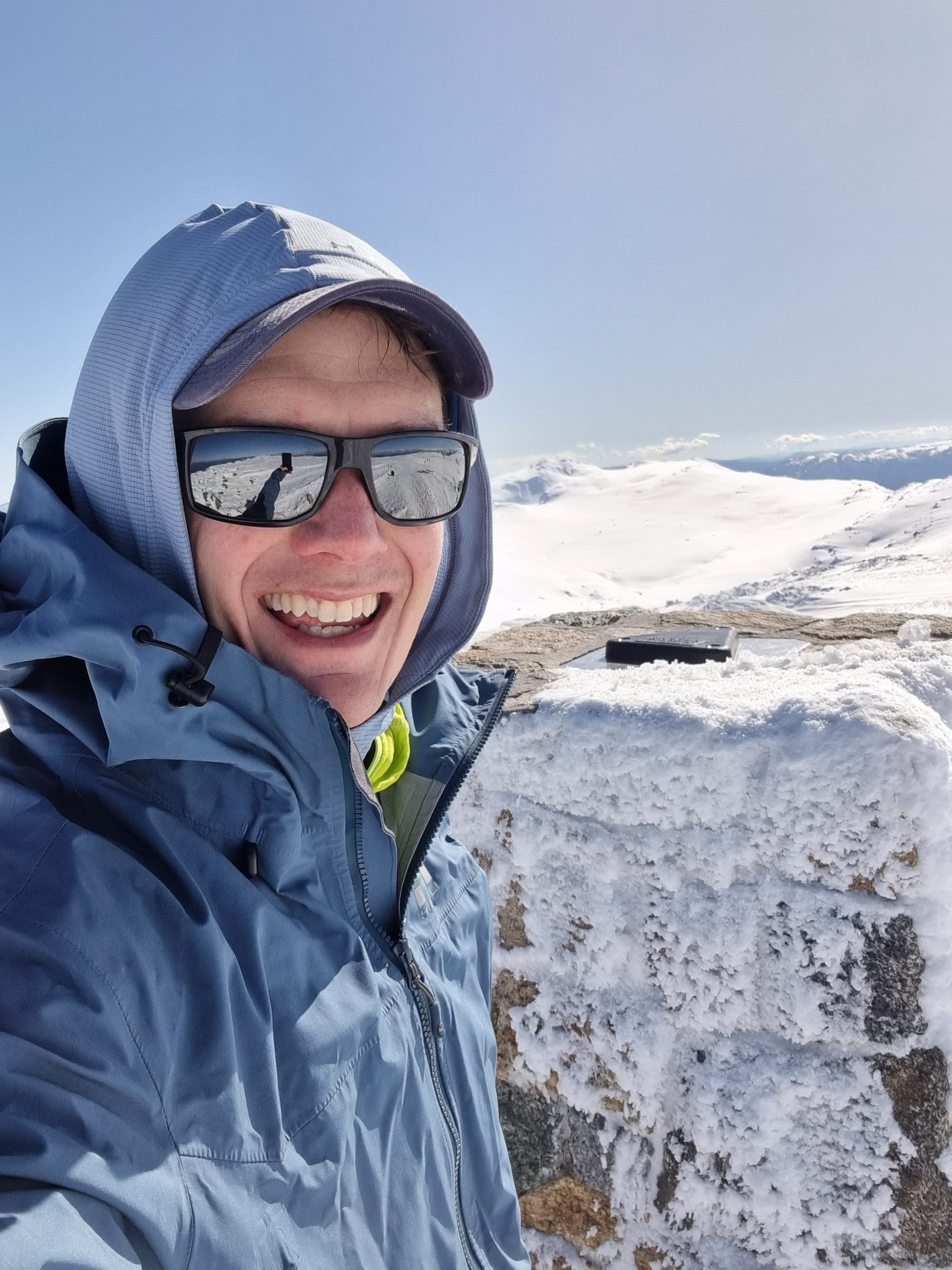
Dr. Brenton isn’t just a doctor—he’s also an educator. As a Senior Lecturer in Healthcare in Remote and Extreme Environments at the University of Tasmania, he’s actively involved in training the next generation of expedition medics, preparing them for the unique challenges of practicing medicine in the world’s most isolated and high-risk locations. His background also includes research in high-altitude medicine, contributing to publications that help improve the safety of climbers worldwide.
CTSS founder Mike Hamill sums up Dr. Brenton’s expertise best:
“Dr. Brenton is one of the most experienced high-altitude doctors in the world. Having someone like him lead Kilimanjaro trips for us, not just as a doctor but as a true mountain professional, is exactly what sets CTSS apart. His knowledge of high-altitude mountaineering and physiology is second to none, ensuring our climbers have the best possible support—both for their success and their safety.”
When he’s not guiding or practicing medicine, you’ll likely find Dr. Brenton backcountry skiing, trail running, or road cycling—always training for the next adventure. Although his career has taken him many places, Dr. Brenton’s passion remains the same: helping people explore the mountains safely and with confidence. This is precisely why Dr. Brenton is leading our upcoming December and January Kilimanjaro team departures, including our newly launched Masters Mountaineering program. This expedition is tailored towards climbers 50 and older who want to take on a major peak with the right pace, structure, and support.
Masters Mountaineering Climb With Dr. Brenton
Our Masters Mountaineering climbs are designed to give older climbers the best chance of success by allowing more time for acclimatization, building in extra support, and maintaining a steady, sustainable pace. Many climbers don’t start their mountaineering journey until their 50s or 60s, and with the right approach, it’s entirely possible to take on big mountains well into your later years. What makes this climb even more unique is having Dr. Brenton on your team.
His deep expertise in high-altitude physiology, acclimatization, and injury prevention ensures that climbers aren’t just pushing their limits but doing so safely. Whether it’s managing pre-existing conditions, optimizing nutrition and hydration, or recognizing early signs of altitude illness, Dr. Brenton’s presence adds an invaluable layer of security and knowledge to the expedition.
If you’re considering an adventure like this but aren’t sure where to start, join us for our Masters Mountaineering: Climbing After 50 webinar in March. Our experts will cover training, pacing, acclimatization, and injury prevention—everything you need to take on big mountains with confidence.
